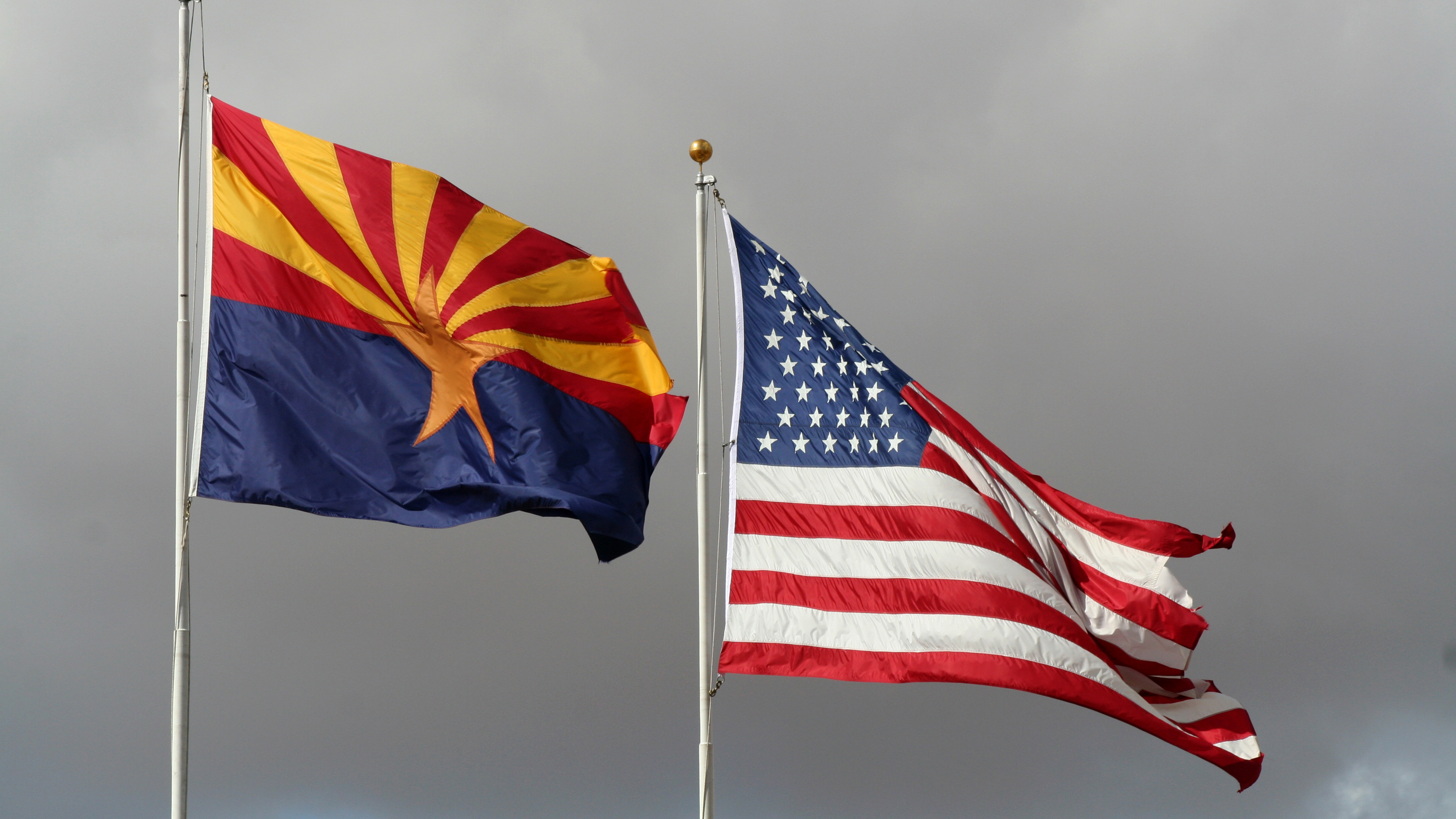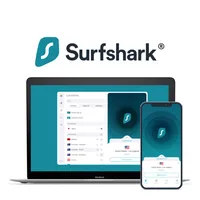Age verification laws passed in Arizona - but this VPN deal can still help you protect your data
Secure your personal details for less with this Black Friday VPN deal

As of September 26, age verification is now mandatory in Arizona for anyone attempting to access adult-only content. Under the AZ HB 2112 bill, any site displaying at least 33% adult-only content must verify users’ ages using either a government ID or another “commercially reasonable method.”
While the logic behind this seems reasonable – protecting children from accessing adult or other harmful content – it’s a huge privacy tradeoff, as handing over your personal data (biometrics, credit card info, or an identity document) to third parties puts you at risk of identity theft, scams, blackmail, etc.
As a result, the best VPNs have seen a huge uptick in signups, with users turning to them to safeguard their digital privacy and stay anonymous on what’s becoming an increasingly geo-restricted internet in the region.
If you’re in Arizona and hunting for a VPN, this is arguably the best time to grab one. The Black Friday sales are already underway, and some of the most private VPNs are available at massive discounts.
Surfshark Starter: $1.99 per month (was $2.19) + 3 months free
Surfshark is one of the best US VPNs we've tested, offering servers in Phoenix, Las Vegas, and Los Angeles, so you’ll never be short of server options both in and around Arizona. Surfshark is also the very best cheap VPN, with its Starter plan currently priced at just $1.69 a month on a 2-year subscription. It includes:
🌎 Servers in 24 US cities
🫣 Camouflage Mode (hides VPN traffic)
💻Unlimited simultaneous connections
Surfshark's centerpiece feature, the Alternative ID, lets you create an entirely new online identity – complete with a phone number and email – so you don't have to share sensitive information with every website you sign up for.
Age verification elsewhere in the US
Over 20 US states have now enforced (or are in the process of enforcing) some form of mandatory age verification requirements, causing quite the stir among the privacy-conscious.
Ohio’s mandatory age verification went live on September 30, and citizens are now required to prove their age either via photo ID or employment or educational records if they want to access content that's “obscene or harmful to juveniles.” Not only that, but online platforms must verify their users' ages every two years.
Additionally, platforms are directed to create and use a geofence system, which means that as long as your online location shows up in Ohio, you’ll have to go through the age verification process.
However, experts have warned that it sets a troubling precedent for increased government control over the open internet. Plus, the vague wording around what constitutes "harmful" content could end up blocking educational resources.
There's also a lot of conjecture around Wisconsin's new age verification bill, which reportedly seeks to mandate that all internet service providers distributing “material harmful to minors on the Internet” block users trying to access their content using a virtual private network (VPN).
However, the Wisconsin lawmakers’ view of VPNs as a loophole that needs closing could be extremely difficult, if not virtually impossible, to implement, seeing as there’s no practical way for websites displaying adult-only content to filter out VPN traffic coming specifically from Wisconsin users.
The most secure VPNs in the industry spoof your location, meaning the provider only sees the location you've chosen from a server, not where you're actually connected from.
The bigger risk here, therefore, is whether lawmakers will suggest blocking all VPN traffic, or shift the onus of blocking access onto VPN companies, which would be an even bigger privacy issue, as it would require VPN companies to track the online activities of their users.
Krishi covers buying guides and how-to's related to software, online tools, and tech products here at TechRadar. Over at Tom's Guide, he writes exclusively on VPN services. You can also find his work on Techopedia and The Tech Report. As a tech fanatic, Krishi also loves writing about the latest happenings in the world of cybersecurity, AI, and software.
You must confirm your public display name before commenting
Please logout and then login again, you will then be prompted to enter your display name.
